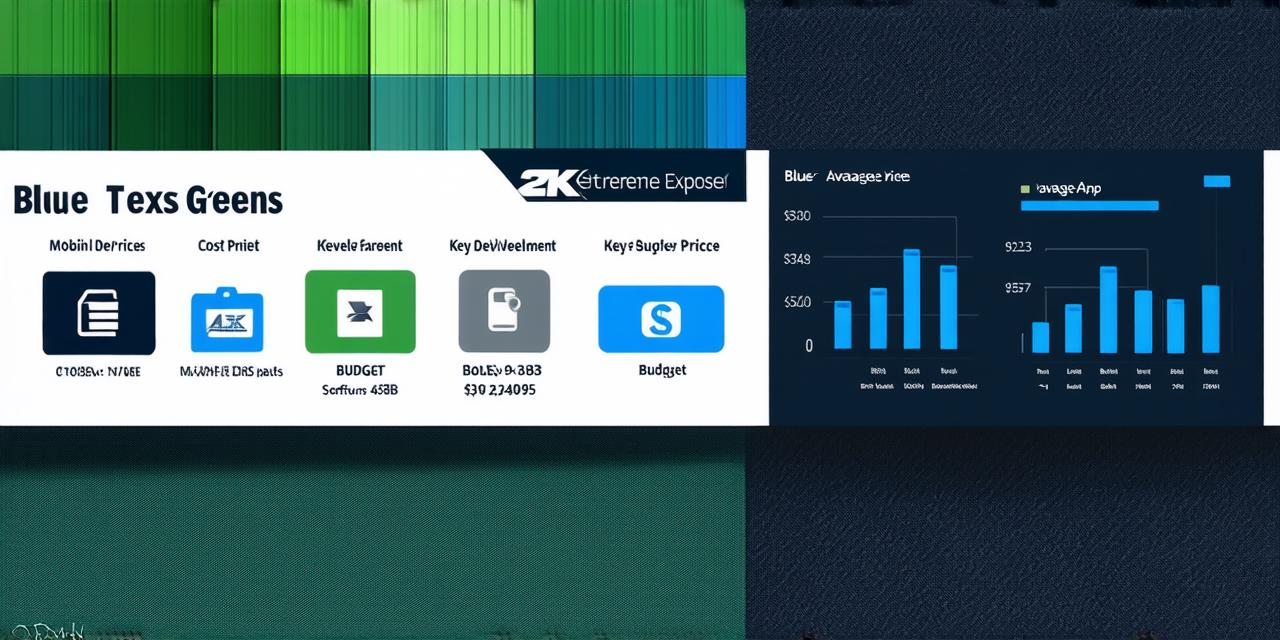Here’s the corrected HTML code for the article:

Are you considering developing a mobile app for your business or organization? If so, you may be wondering what it will cost you. In this comprehensive guide, we’ll explore the various factors that can influence the price of developing a mobile application, including the type of app, the platform, the development process, and more.
1. Type of App: The first factor to consider when determining the cost of developing a mobile app is the type of app you plan to create. There are two main types of apps: native and hybrid.
2. Platform: The platform you choose to develop your app for also plays a significant role in determining the cost. Android and iOS are the most popular mobile operating systems, with millions of users worldwide. Developing an app for both platforms will typically be more expensive than developing for one platform alone, as it requires twice the amount of development work.
3. Development Process: The process by which your app is developed can also influence its cost. There are several different methods for developing mobile apps, including agile, waterfall, and iterative. Agile development is a popular method that involves breaking the development process down into smaller, more manageable tasks that are completed in short sprints. Waterfall development is a linear process that involves completing each task before moving on to the next. Iterative development is a combination of agile and waterfall methods and involves regular feedback from the client.
4. App Complexity: The complexity of your app will also influence its cost. More complex apps with advanced features like GPS tracking, augmented reality, or social media integration will typically be more expensive to develop than simpler apps that only perform basic functions.
5. Location: The location of the development team can also impact the cost of developing a mobile app. Developers in major cities tend to charge more for their services than those in smaller towns, as they have higher overhead costs and a larger talent pool to choose from.
6. Timeframe: The timeframe for developing your app will also influence its cost. If you need your app developed quickly, you may need to pay more for expedited service. Similarly, if your app requires extensive testing and debugging, it will take longer to develop and could potentially increase the overall cost.
7. Maintenance and Support: Finally, the cost of maintaining and supporting your app must be considered. This includes regular updates, bug fixes, and technical support for users. Ongoing maintenance and support costs can vary depending on the complexity of your app and the number of users it has.
In conclusion, the cost of developing a mobile app can vary widely depending on a variety of factors. By considering the type of app you plan to create, the platform you choose, the development process, app complexity, location, timeframe, and maintenance and support costs, you can get a better idea of what it will cost to develop a mobile app for your business or organization.



